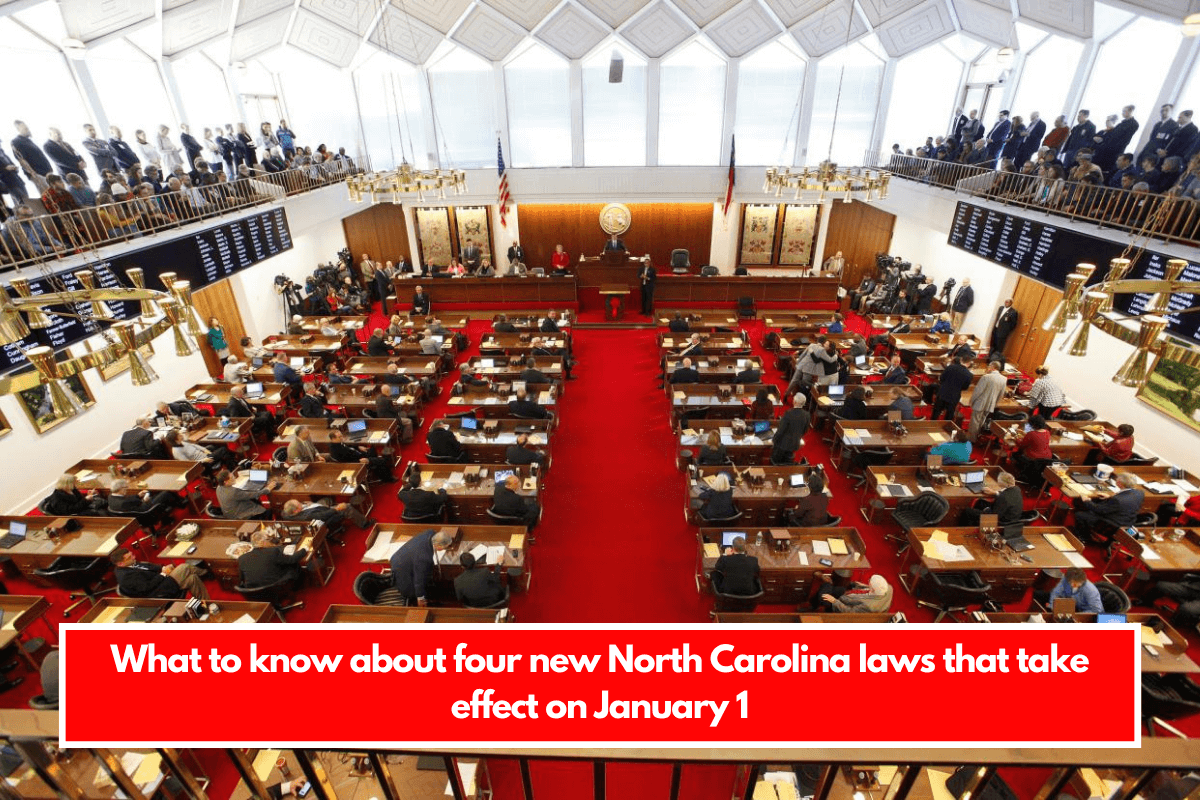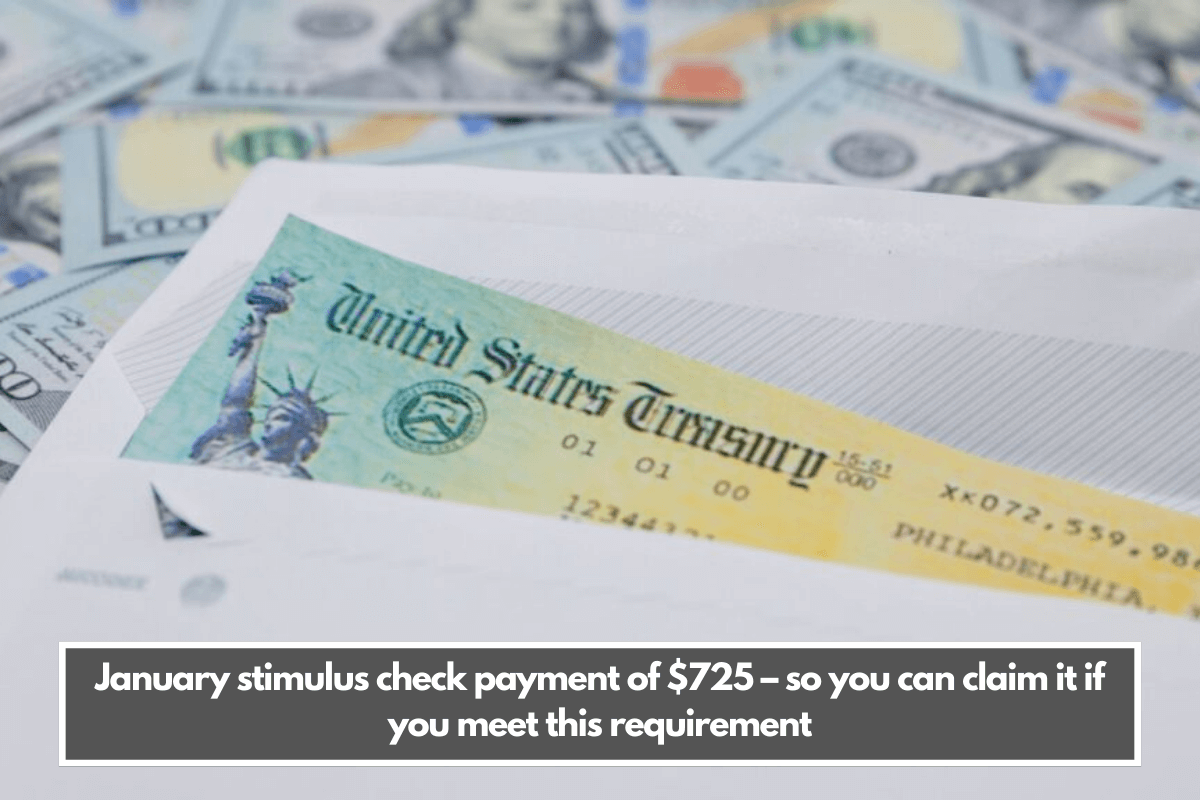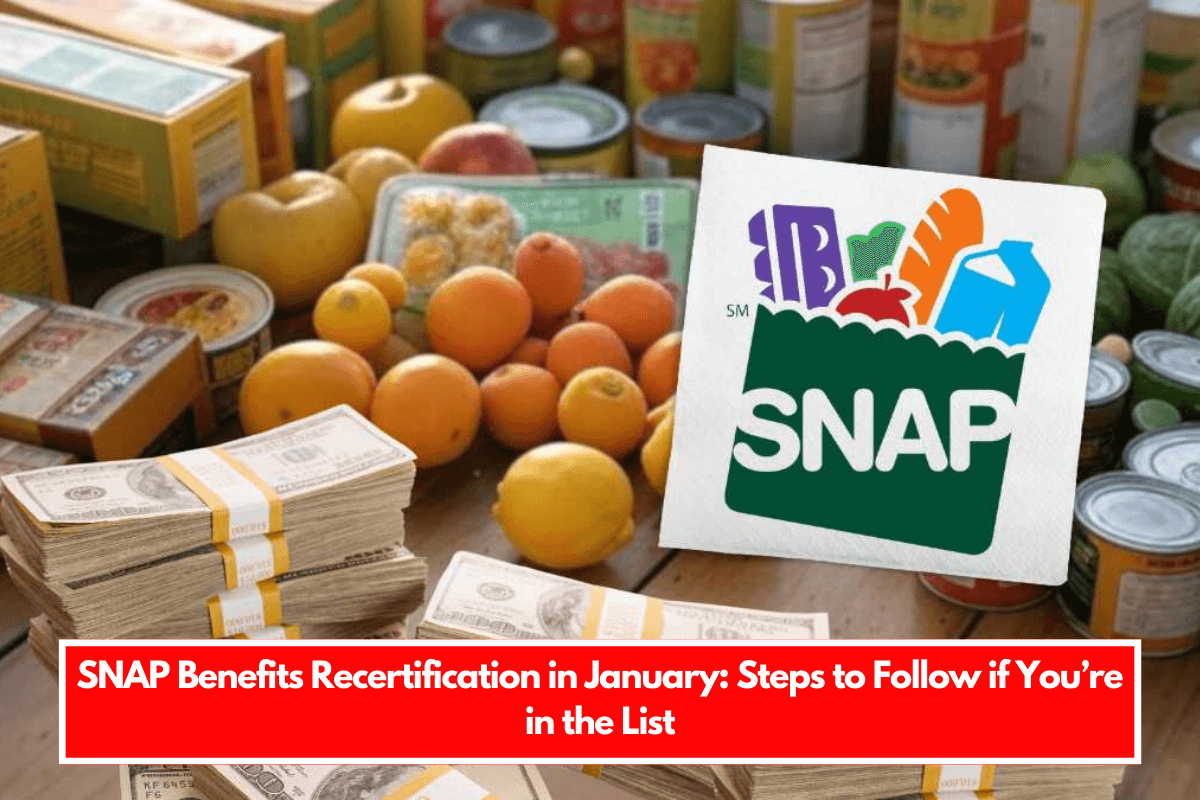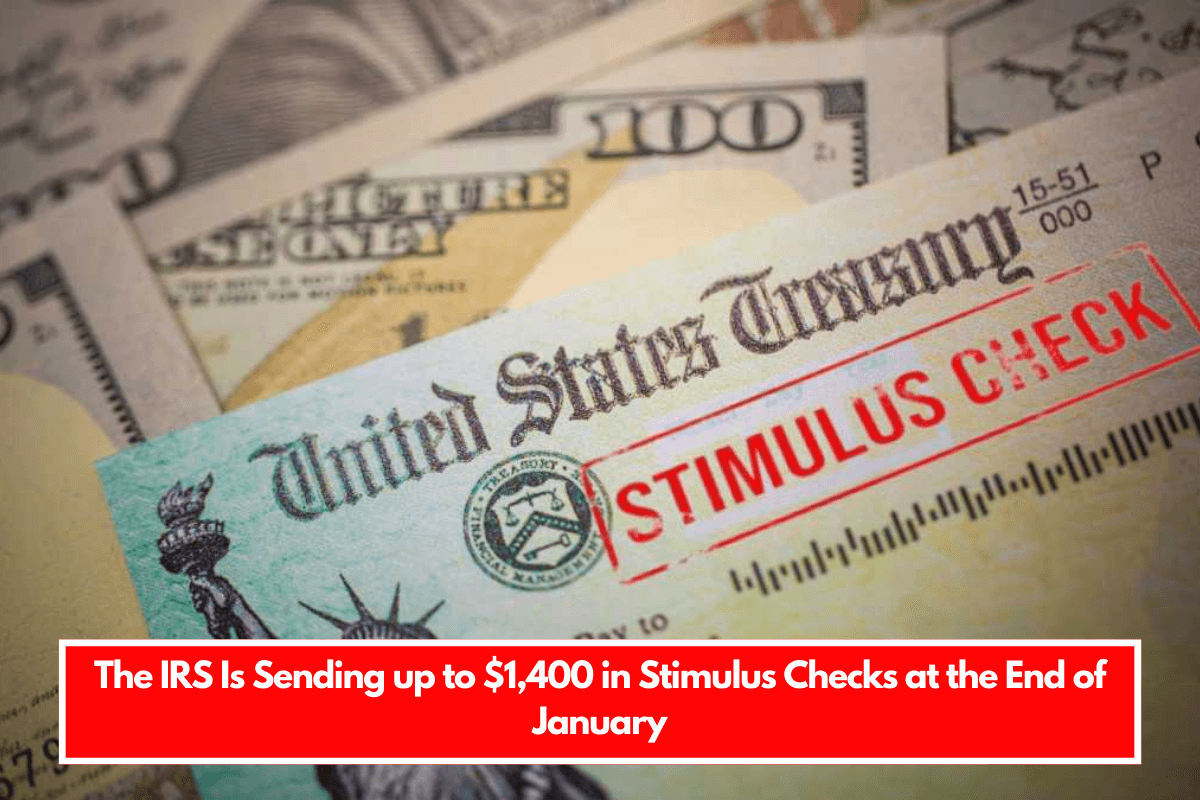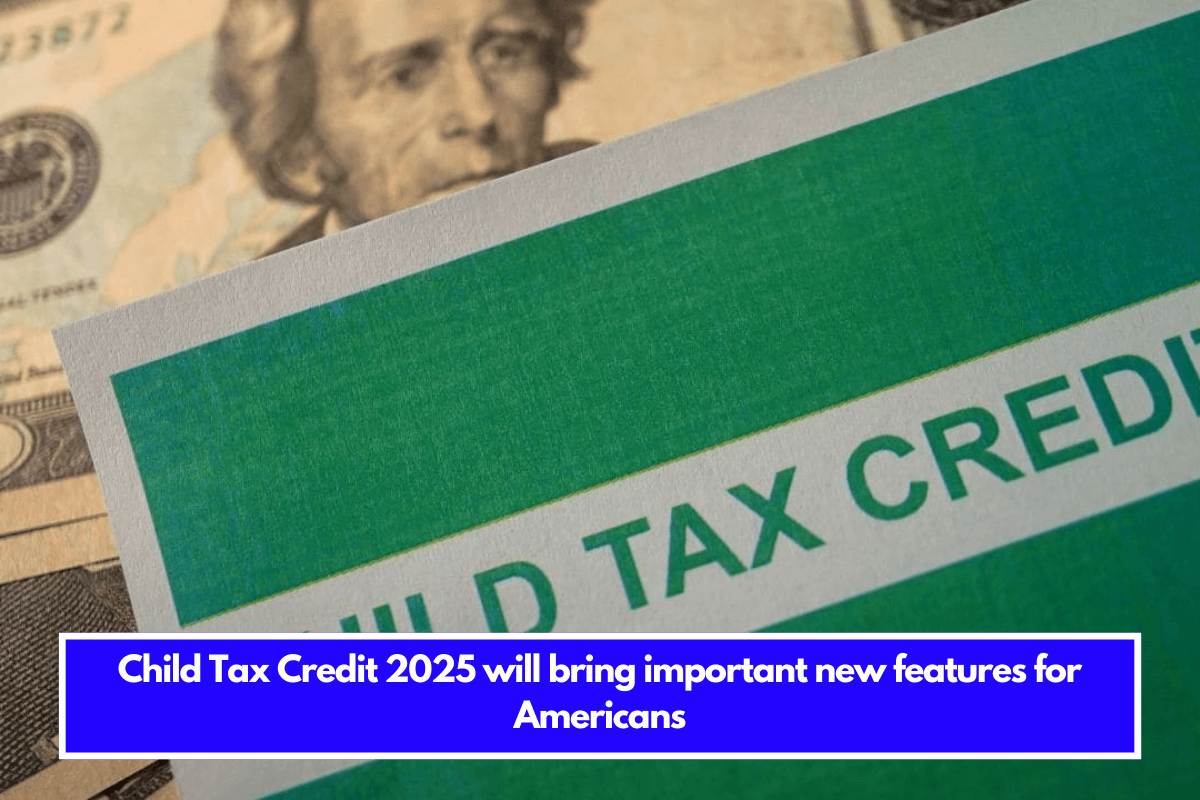For North Carolinians, the new year brings a few new laws and provisions within them that are changing.
In the Tar Heel State, bills take effect throughout the year, with a few of the most contentious bills from the most recent legislative session taking effect in early December.
Here’s a look at some of the changes that await North Carolinians in the new year.
Third Helene relief bill
The third Helene relief bill, Senate Bill 382, faced strong opposition from legislators (including some Republicans), the public, and the governor’s veto.
While it included some funding for recovery, the majority of the bill outlines power shifts in state leadership. Parts of the bill are currently being litigated by current Governor Roy Cooper and Governor-elect Josh Stein.
One of the bill’s sticking points will take effect in the new year. It requires boards of elections to complete counting provisional ballots by 5 p.m. “on the third business day after the election.” Opponents of the bill claim that county boards of elections lack the resources to implement it, while supporters argue that voters deserve to receive election results sooner.
Liability insurance
Senate Bill 452 increases the state’s minimum liability insurance requirement for automobile drivers. The minimum insurance will be $50,000 per person instead of $30,000 per person, and $100,000 per accident rather than $60,000 per accident. The coverage also includes uninsured drivers.
Cooper vetoed the bill due to other provisions related to school athletics, but added that the “legislation includes important auto insurance changes that will help provide more protection for North Carolina motorists,” according to a news release.
Decrease in income tax rates
North Carolina’s personal income tax rate will be reduced from 4.5% in 2024 to 4.25% in 2025, with the goal of dropping all the way to 3.99% after 2025, according to House Bill 259, despite Cooper’s veto of the bill in October 2023.
Alcohol tax law
Under SB 527, liquor sold for more than $50,000 will be exempt from the 30% excise tax. Cooper signed the bill into law in July 2024, and several of its provisions have already taken effect. The bill received bipartisan support in both the House and the Senate. According to the bill, the maximum tax on qualifying liquor will be $1,000.

